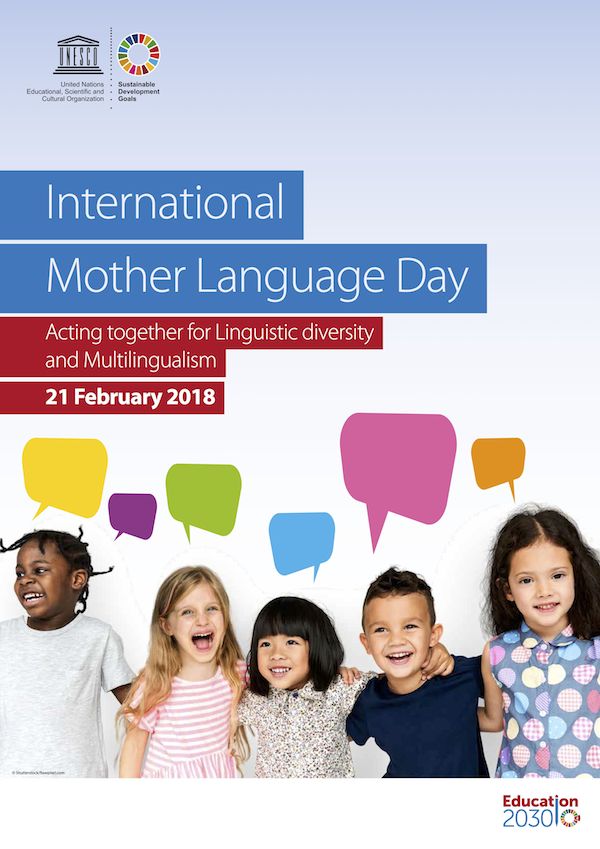International Mother Language Day.
What is a heritage language?
While looking at the February calendar, I noticed, once more the International Mother Language Day (21st February) that UNESCO has set as a day “to promote awareness of linguistic and cultural diversity and multilingualism”. As Greek is one of the heritage languages that is spoken around the world by Greek immigrants of 1st, 2nd, 3rd or even 4th generation, I was trying to remember what is a heritage language?
The answer is any language that is spoken, or is understood or is the language of the country of origin of people who live in a country where the dominant language is a different one. A good example is the USA, an amalgam of people, cultures, and languages. A Greek descent resident of the USA who speaks English – the dominant language – may speak or understand when he/she are spoken to, or only recognize written or spoken Modern Greek as his heritage language.
Recognizing a heritage language, such as Greek, is recognizing the culture that lies beneath. In multicultural societies, there should be room for the development of heritage languages. It is an asset for the host country to promote the different cultures and languages of its residents. It enriches the local culture and gives newcomers a sense of dignity, belonging, and heritage.
An expression of this respect and recognition on the part of the host country are the bilingual schools that have nothing less to offer than the opportunity for both speakers and non-speakers of the second language to be exposed to a different world, a brand-new set of rules, structure, vocabulary, and culture of the second language – and it is not coincidental that studies have shown that bilingual students outperform monolingual students in all subject areas.
As “promoters” of the Greek as a second/foreign language we wanted to reiterate the importance of the International Mother Language Day, hoping that children, adults, and communities around the world could exercise their right to learn their heritage language, and to be proud to be part of the Greek culture.

Final note is the UNESCO theme of 2018: “Linguistic diversity and multiculturalism count for sustainable development”.
We have to make sure that everyone has the opportunity to learn their mother language.
Lina Vaska-Paidoussis


